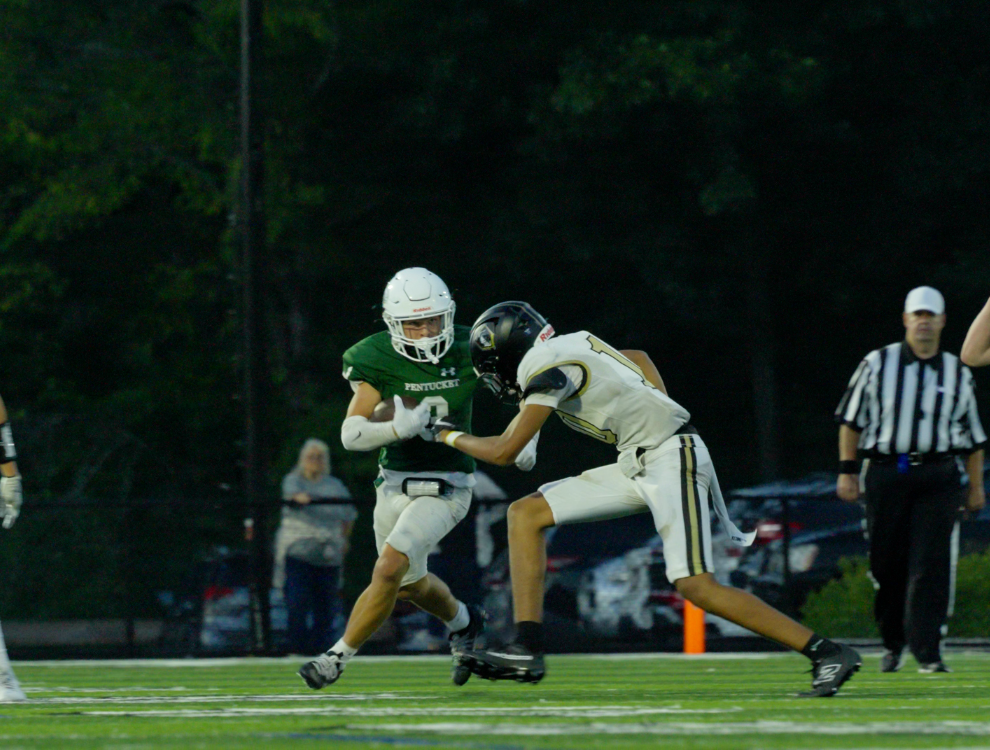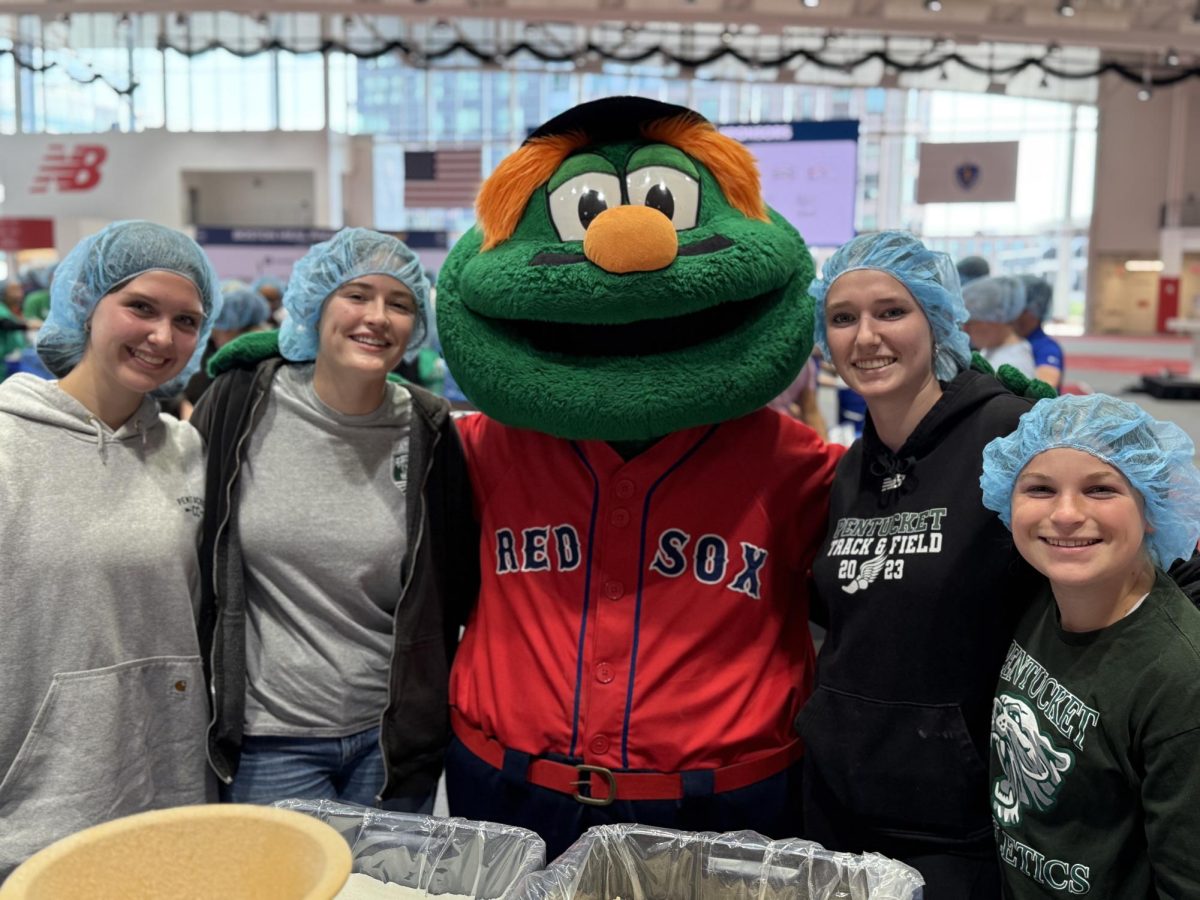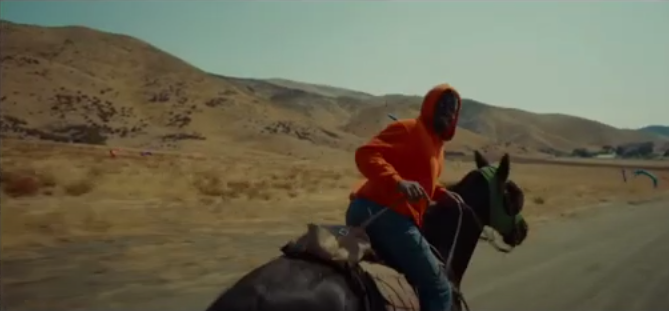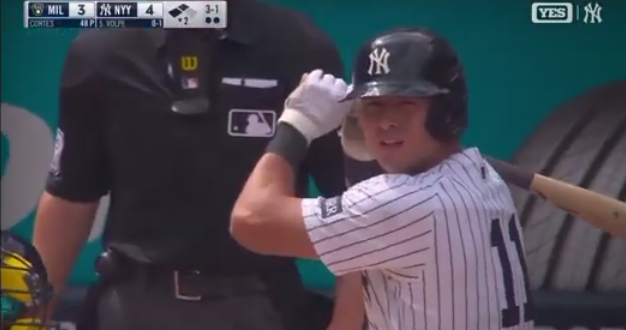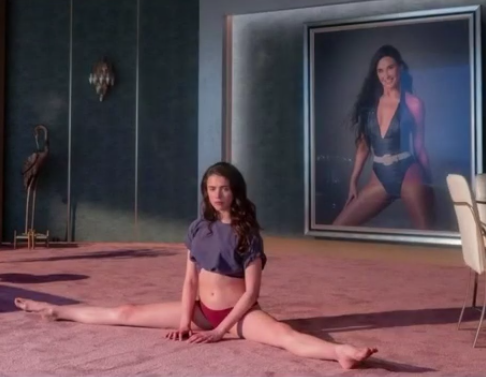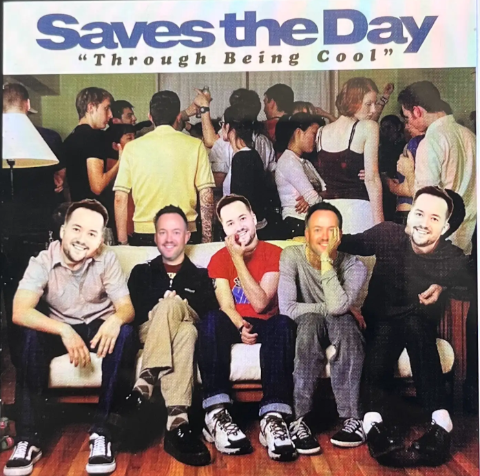Movies are a staple of entertainment and have been for over a hundred years. There is not a single person you meet who hasn’t watched a movie. However, that doesn’t mean movies are frequent occurrences in everyone’s lives.
Nevertheless, movies are a common ground for all people, and the amount of funding that goes into creating a film is what results in a masterpiece people will talk about for years to come.
The Greats
When you think about movies, a favorite is bound to come to mind. A popular movie genre I found through a poll I sent out to kids here at Pentucket, shows that 42% liked comedy, 47% liked action, and 5% liked romance. Showing the predominantly male audience that responded to this poll, that action and jokes are prioritized over other genres.
Besides personal opinion, some movies are universally defined as the greatest of all time. This includes the Star Wars saga, Tombstone, The Shining, The Shawshank Redemption, and The Godfather.
The Godfather, directed by Francis Ford Coppola in 1972, is considered by the majority of movie lovers to be the greatest movie of all time. And who can blame them? A timeless classic still talked about, analyzed, and referenced in other movies 53 years later is proof of the movie’s success as a household name. While many other movies from this time are praised highly, none have been put so high on a pedestal quite like The Godfather has.
The Not-So Greats
Despite the infamous success of some, not all movies are destined for greatness.
Many of them have sloppy writing, terrible cinematography, or are made as a cash grab based on what is currently popular.
These kinds of movies are common today, even more so with the rise of technology and AI. Even the worst of the worst movies have their genre dedicated to just being a bad movie.
“Bad” movies have become a popular genre by their merit. With such low production costs and unintentionally laughable writing, they’ve become a joke with people in the film industry and with viewers themselves.
Now I know what you’re thinking: Why is there a picture above of the words “Car on fire?” Well, that is a real scene out of a real movie called The Velocipastor.
This movie has become popularly known to be the worst movie ever made. With terrible CGI and even worse writing, this movie has fallen under the category of “So Bad It’s Good.” The movie follows a Pastor who is given dinosaur powers and fights evil with said powers.
At a point in time, the Marvel Cinematic Universe (MCU) was considered to be one of the best movie franchises in the history of movies, but they have fallen off considerably since then.
Every year they pump out garbage quality movies to try and make money, which they purposely do by giving their teams little time to work on the film. The result: bad CGI and bad writing produces a low-quality movie even worse than the company creating it.
Making Greatness
Now, whether great or not, how do you attempt to make a film that will stand out from the rest? Well, to make “greatness” you’ve got to make the movie.
But to make a movie, you first must have a concept, then a script. All movies begin as an idea, typically by one to two people, or a small portion of a company. This idea is then fleshed out and formed into the script by many other people. A script is worked on, revised, and edited for around one to three months until they finish and start on the storyboard. Depending on the length of the movie, period, or location, the writing process can be longer or shorter than a few months.
The script is the most important part of the movie. To have a good story and interesting characters, a good—preferably great—script is mandatory. Otherwise, your characters, plot, and setting fall flat or are too saturated and won’t help create a great movie. After the script comes the storyboard, which is like a comic book. It has all the tiniest details from when the story takes a beat to how the movie will be organized through a visual aspect. Like the script, the storyboard will be tweaked and modified for five weeks until the movie can be shot.
Once the script and storyboard have been finalized, Cameras and other equipment have been accounted for, you still need actors to shoot the film itself! Don’t worry, there is still time to do a casting call, where you have several (even hundreds) of actors come and audition for a role in your movie. And let’s not forget about the crew working on the movie. You’ll need cameramen, light technicians, choreographers, and so many more people to ensure the success and safety of the film, the actors, and the crew themselves.
In Hollywood, many people tend to only recognize the people on the screen, but every great film fan and insider knows that creating a great movie comes not just from the actors themselves but all the other people who played a role on or off-screen in the movie.
Now, with all the proper cameras and equipment, script, cast, and crew ready, you start the countdown to filming with the infamous phrase, lights, camera, action!
Of course, it takes longer than just three words, and “boom,” you have a movie. Production can range from three weeks on the shortest side, to multiple months for some movies.
Most people think smaller movies tend to take the least amount of time to film, but in fact, smaller movies don’t have as many resources as bigger movies do. Some independent or smaller films can take longer without having the money from big production companies.
Even after you finish filming, there still has to be lots of editing, revising, and even some reshoots before you can place the finishing touches and begin to work on creating the trailer. You can hire editors, or take on the project yourself and begin the post-production process. This process can take several months depending on both the length of the movie and the number of editors on hand.
Now, after much time has passed since you started your project, your movie is getting taken to the big screen! At the premiere, you sit down next to all the people who worked on your film to enjoy the greatness you’ve spent so much time making.
However, greatness is not guaranteed, nor is it easy to make or achieve. The individuality of a project, and the ability of both the cast and crew to not make a project for pure attention is what makes it great.
A one-in-a-million project that sticks out holds a lot more weight than a project packed with big names but no real substance to it. People spend all their lives looking for greatness, but many don’t ever achieve it. Instead of making a movie searching for greatness, have fun, and don’t take it too seriously until you start getting money; then you HAVE to make greatness.




